Five simple ways to reduce your biological age
What exactly is your biological age? And what are the simple lifestyle changes that can help lower yours?
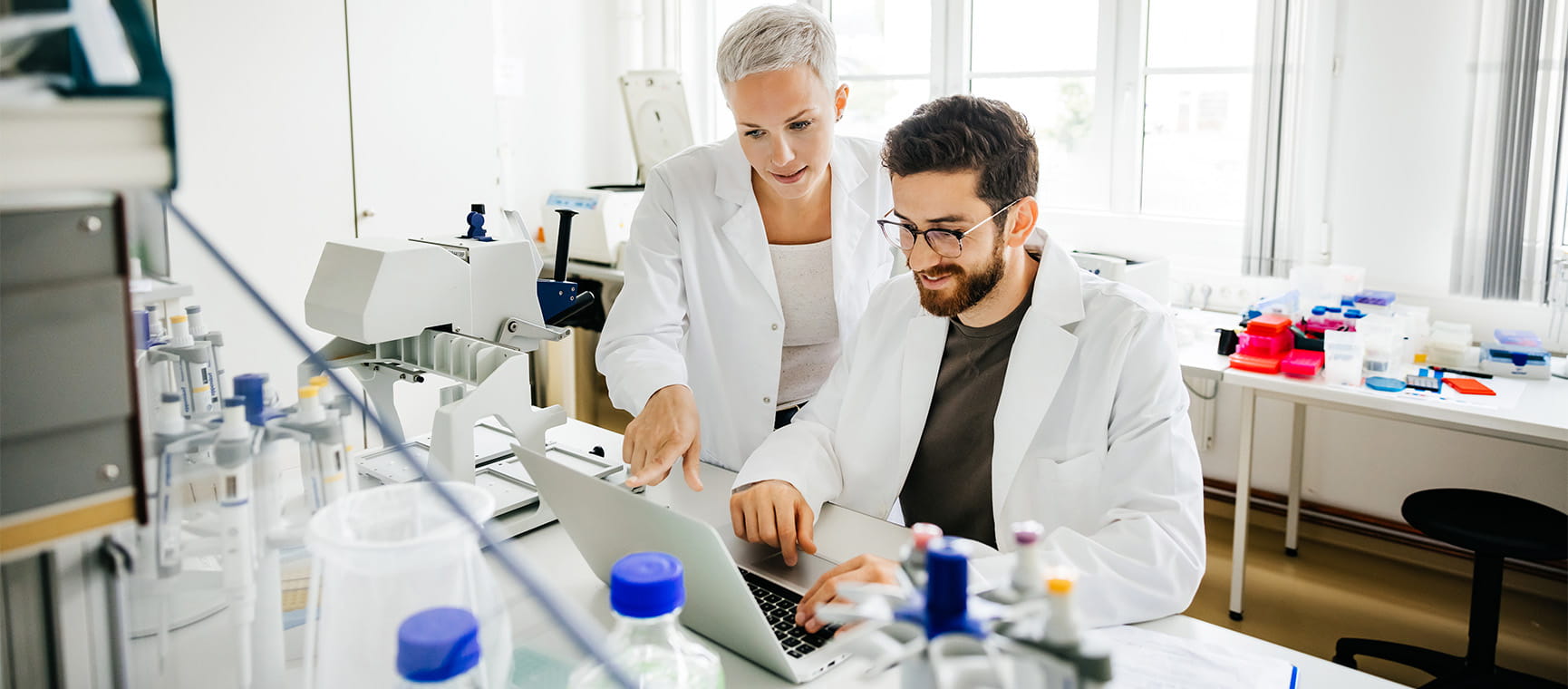
What exactly is your biological age? And what are the simple lifestyle changes that can help lower yours?

“I’m 75 but have the biological age of a 41-year-old” is the kind of sentence you might have heard a lot in recent years. More and more people are being tested to see how old they “really” are, but what exactly is biological age? And can we really make ourselves younger?
Simply put, biological age is an indicator of how your body is ageing, compared to chronological age – the number of years you’ve actually lived.
You can get it assessed either via DNA methylation tests (which check the chemical tags on your DNA); glycan analysis (checking sugar shapes on your cells); analysis of telomere length (looking at the ends of DNA); or measurements of various blood biomarkers (such as cholesterol levels, proteins, hormones and vitamins).
All of the above require either a blood or saliva sample. Unlike chronological age, your biological age can be reversed, and your health and longevity can be improved by making simple tweaks to your lifestyle.
We spoke to Dr Nichola Conlon, a scientist and expert in healthy ageing. She appears on Katherine Ryan’s What’s My Age Again? podcast, where they test a celebrity guest’s biological age and Dr Conlon gives advice on how they can improve it if they need or want to.
In the first series, actor Sheila Hancock, 92, discovered that she had the biological age of a 72-year-old, while then-46-year-old Katie Price was shocked to learn that her biological age was 70.
Dr Conlon is pleased that we have started to talk about this more, and says these tests show that just because you’re getting older in the traditional sense, you don’t have to feel it.
“I have always said that we’ve had this trajectory where society has made us believe that we go through this path of life where we’re born, we learn, we earn, we retire, then we expire,” she said. “And people have always had this thing about retirement and the later years of life, and that it’s all downhill. That isn’t really the case.
“You have people well into their 60s, 70s and beyond who are really healthy, going out, doing everything they want to do, and they’ve got a really fulfilled and independent life. It’s never too late to bring down your biological age, just like it’s never too early to start. It’s all about making simple tweaks and changes to your diet and lifestyle. You'll soon start to notice the difference.
“Everyone always expects me to give some crazy concoction or a magic thing that we can do, but a lot of it really is our lifestyle. It’s estimated that 80% of how well we will age and our biological age is all to do with our lifestyle, and only 20% is set in our genetics.”
We’re always told that having a strong support network is vital, and Dr Conlon believes it can help eliminate stress, which is a huge ageing factor.
“I find this really interesting, especially in older adults, as studies have demonstrated that the top factor on how well you will age and your health as you get older is actually the quality of your relationships and connections,” she explains.
“And I think this is really important because sometimes as we get older, we kind of lose our friends, and we maybe don’t go out as much. Having that social connection is the biggest predictor of healthy ageing and good health. And I think that works on many levels. Having a good circle of friends or good relationships in your life can help with stress. We know that stress is pro-inflammatory.
“I’m aware that not everyone is blessed with this, but the circle doesn’t have to be huge, even if it’s just that one person who you can speak to or go out with. Join groups if you can, have an online class, anything that can help improve your quality of life.”
Dr Conlon believes that Sheila Hancock is the perfect example of this. “She has amazing social circles,” she says. “She’s got so much purpose in her life. Even way after retirement age, she shows that you can be living a fulfilled life, you can have purpose, you can have a good group of friends, and you can be feeling great. And that truly was reflected in her biological age.”
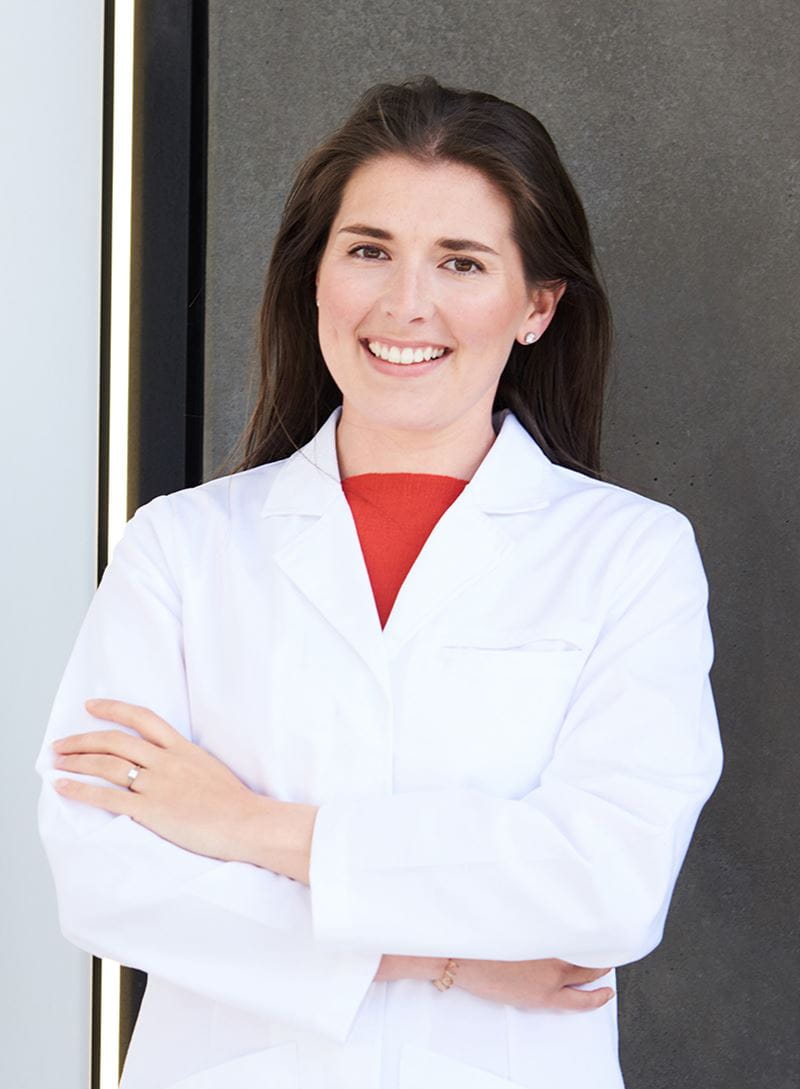
The importance of sleep should never be underestimated. Not sleeping properly can lead to many effects on your overall health, and it’s not OK just to 'get by' on a few hours a night.
“Sleep is literally the time when your body is switching on all of those natural repair processes to repair the cellular damage,” Dr Conlon says. “We know that sleep can become disrupted as we get older, and lots of people are only getting four or five hours, but they'll say it’s fine because they’re getting by.
“But there are things you can do to repair that. Are you watching too much TV before bed, or on your phone so you’re too overstimulated? Could you make the room quieter or darker? Is it too hot? There are many, many different factors that can affect our sleep, even to the point of eating too close to bedtime.
“Many people don’t realise that a lot of these different things are really affecting sleep. Some people think that having one glass of wine or a beer will help get them to sleep, but it actually destroys our sleep. So, if there are things that you can be doing to improve sleep, it will benefit you even more.”
“I always say that plants are like nature’s own medicine cabinet,” Dr Conlon explains. “They are absolutely full of all sorts of molecules like phytochemicals, catechins, things that we know are very beneficial for cellular health. And they also improve your gut microbiome.
“The more different types of plants you can consume, the better – it’s almost like getting lots of different supplements, but you’re getting it through plants. We should be aiming for 30 different plants a week.”
She says it may sound obvious but diet is so important for our health, and eating a certain amount of fruit and veg isn’t a gimmick – the benefits have been proven.
“This is something that is entirely in our hands, and I know we’ve heard it all before but we’re really starting to understand the science of it all and why it’s good for you. People think that eating 30 plants a week is going to be difficult, but it’s everything that comes from a plant.
“It’s nuts, it’s seeds, it’s green tea, it’s a black coffee. So, having a couple of different salads and some fruit salads, putting some nuts or seeds on your cereal, they all count and they all contribute to helping bring down our biological age.
“It’s also important to try and cut out as many ultra-processed foods as possible. They have a lot of chemicals in them, a lot of additives, a lot of preservatives, which are pro-inflammatory themselves, so they actually damage our bodies.”
Find out more about the science behind eating 30 plants a week, with tasty tips from chef Hugh Fearnley-Whittingstall on how to introduce more plants to your diet.
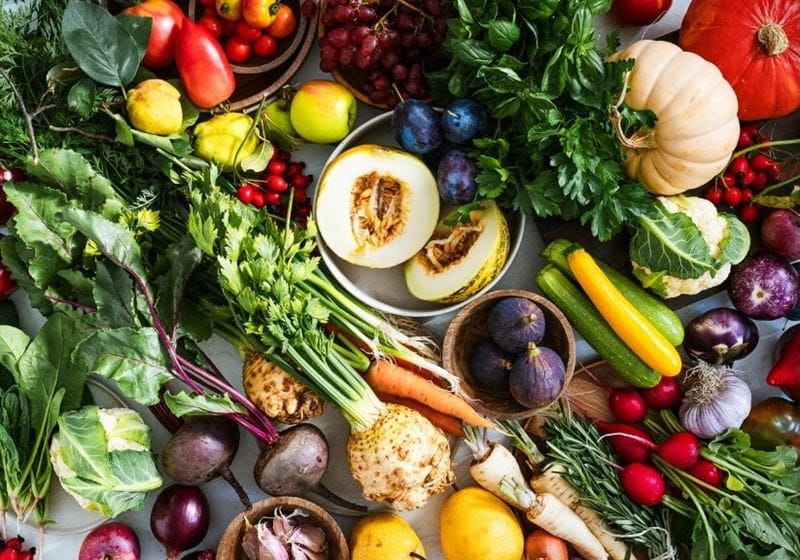
Exercise is another essential habit when it comes to reducing our biological age, but it’s important to do it in moderation and slowly to get your body used to movements.
“When it comes to exercise, we all know it’s good for us, but it’s good in moderation,” Dr Conlon says. “I think that’s the key thing to mention as we know that if people suddenly go off and start doing crazy triathlons, or decide they’re going to go from nothing and and run like a marathon, it can actually have the opposite effect. It can be a bit pro-inflammatory because it’s a bit too much stress on the body.
“So, it’s really about the balance. It’s not too little and it’s not too much. The other thing to mention is that it’s different with men and women, especially as men and women get older. For older women, I would say strength training and bodyweight exercises are important, while men can do more endurance work.
“In one of our previous episodes, we had Lioness Jill Scott on. She was in her mid-30s yet had a biological age of 50. Many people were surprised but as a scientist, I wasn’t.
“We know from studies that in women who do too much exercise, their oestrogen levels go down. And we know for women, oestrogen is incredibly protective. So, if you’re doing too much exercise and it affects your hormones and your oestrogen goes down, it really does cause inflammation in the body. And that’s on top of the stress you’re putting it under with intense exercise.”
We've got advice from the experts on how to start exercising in later life, a 15 minute beginner's strength training plan and a simple bodyweight strength workout.
Drinking water is vital – the NHS suggests that we should be drinking 6-8 glasses a day. As well as regulating body temperature, lubricating joints, and protecting organs and tissue, staying hydrated boosts energy levels and improves brain function, leading to better focus and cognitive performance. But if you want to age well, you should stay away from alcohol.
“Alcohol is not great,” Dr Conlon advises. “There is a small amount of research that shows it might be OK in moderation, but the majority of research shows that it’s actually not beneficial at all.”
Dr Conlon believes that these five simple tweaks will help reduce a person’s biological age, but it will take at least six months for the effects to show on a test.
“We use a test called Glycan Age, which is a simple finger prick test, and it takes 3-5 weeks for results to be ready,” she explains. “We wouldn’t recommend people retest any earlier than six months – these patterns of glycans are reflective of what has been going on in the body over the last couple of months; they’re not something that changes every day.
“But even with biological age, it’s not just about what is going on in the inside, it’s about how we feel, and these changes will definitely improve how you feel and how you enjoy life.”
(Hero image: Getty Images)
Season 2 of Katherine Ryan’s What’s My Age Again? is out now, with weekly bonus episodes of Dr Conlon’s Second Opinion.
Kate Randall is Saga Magazine's Digital News Editor. Kate has more than 20 years experience in print and digital journalism and specialises in news, entertainment and lifestyle.
In her spare time, she loves trying out the latest exercise trends and fitting in as many holidays as she can.

Saga offers escorted tours throughout Europe and as far afield as Canada, Australia and even Uzbekistan, plus hotel stays in popular European hotspots including Spain, Portugal and Greece.
Find your perfect holiday today.

Get 3 months free, plus a £125 Totally Rewards Wellness Gift Card when you start a new policy by the end of 19 February 2026. T&Cs apply.
Underwritten by Bupa Insurance Limited.
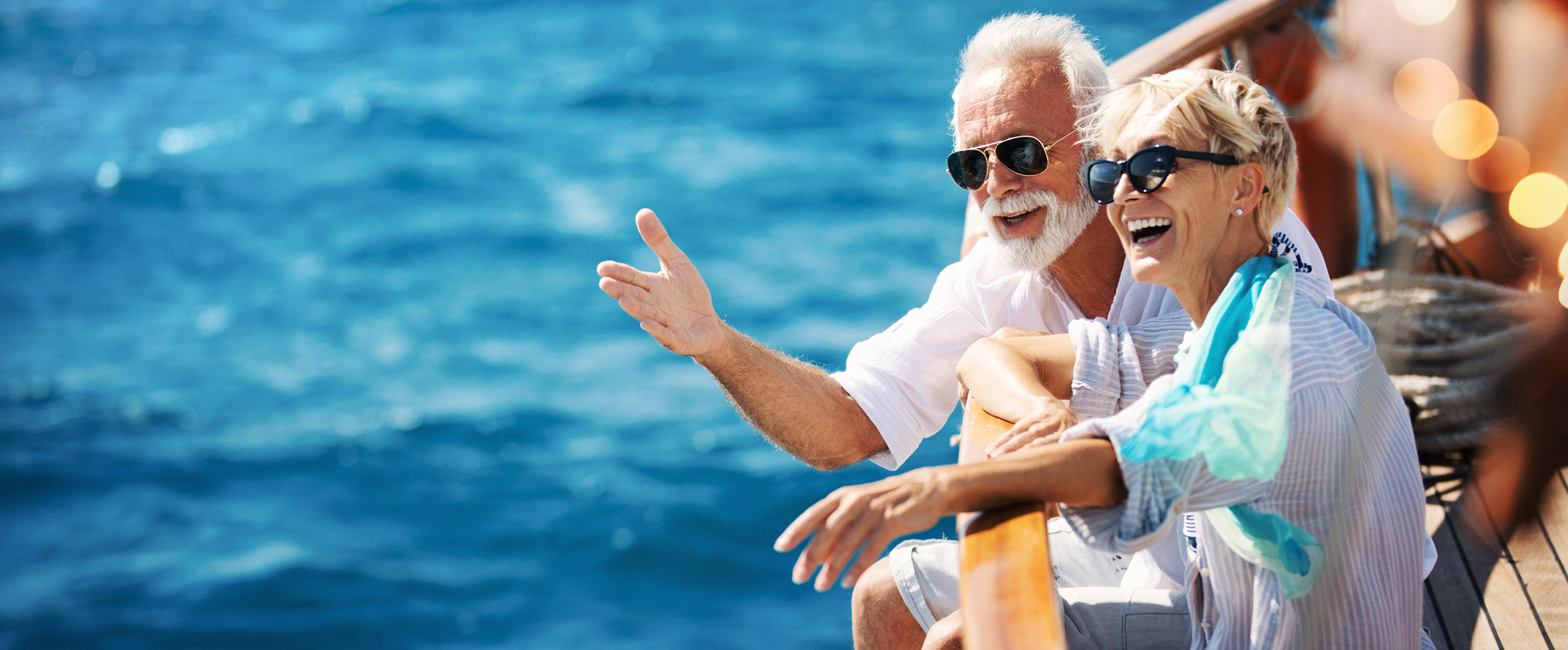
Are you retiring at the wrong age? The best age to retire for your body, brain, happiness and pocket.
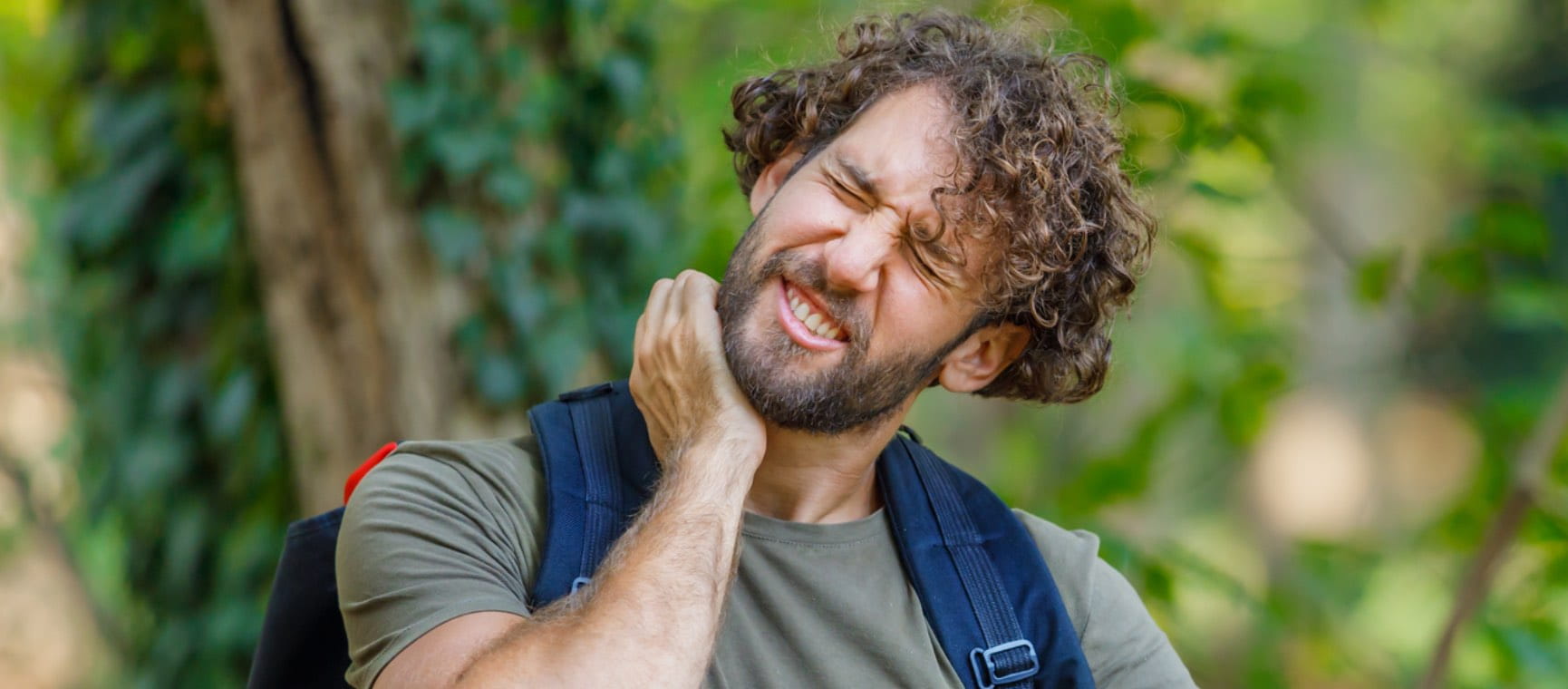

Everything you need to know about the lung infection, and how you could be ill with “walking” pneumonia without realising it.
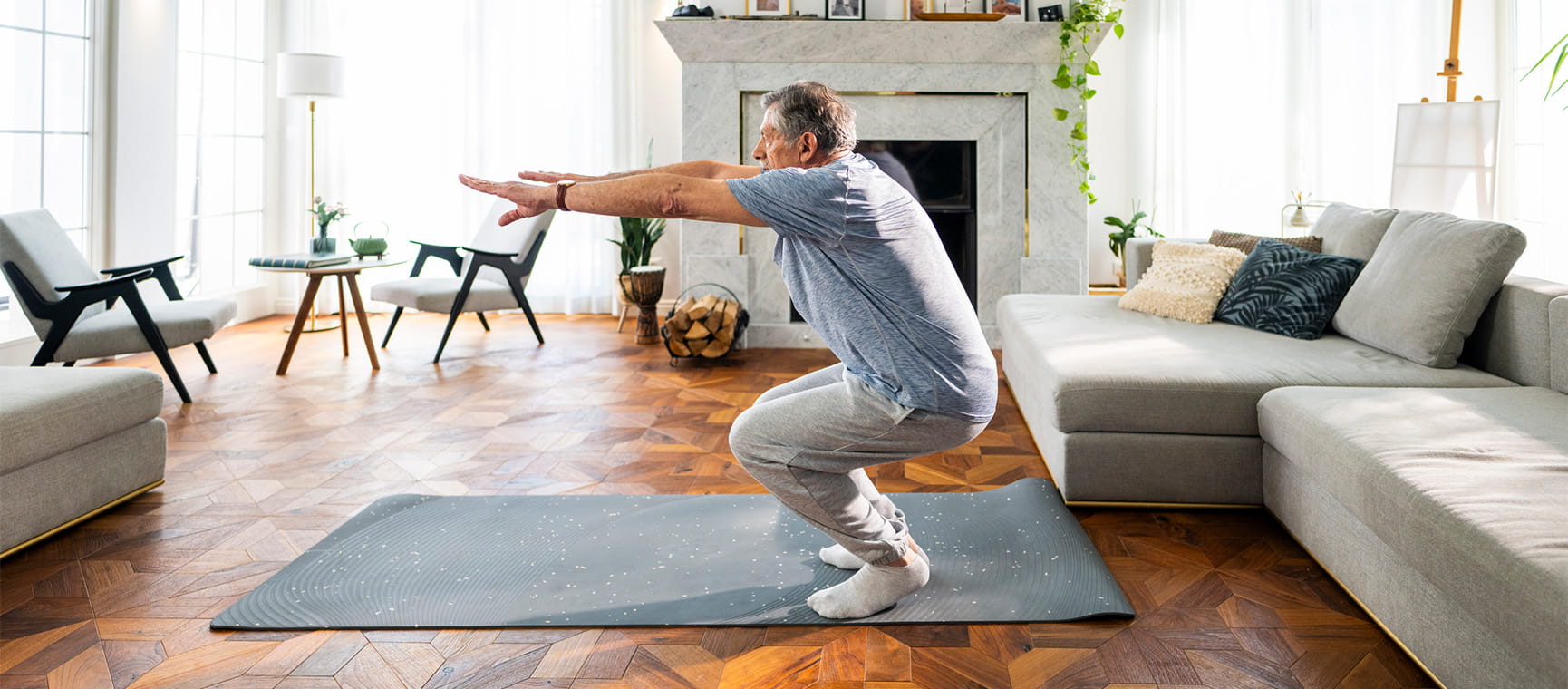
Strong calves for a strong mind: how they support our circulation and brain health, with easy moves to strengthen yours at home.


Our GP Dr Mark Porter explains what can cause itchy skin, which is a common problem as we get older.
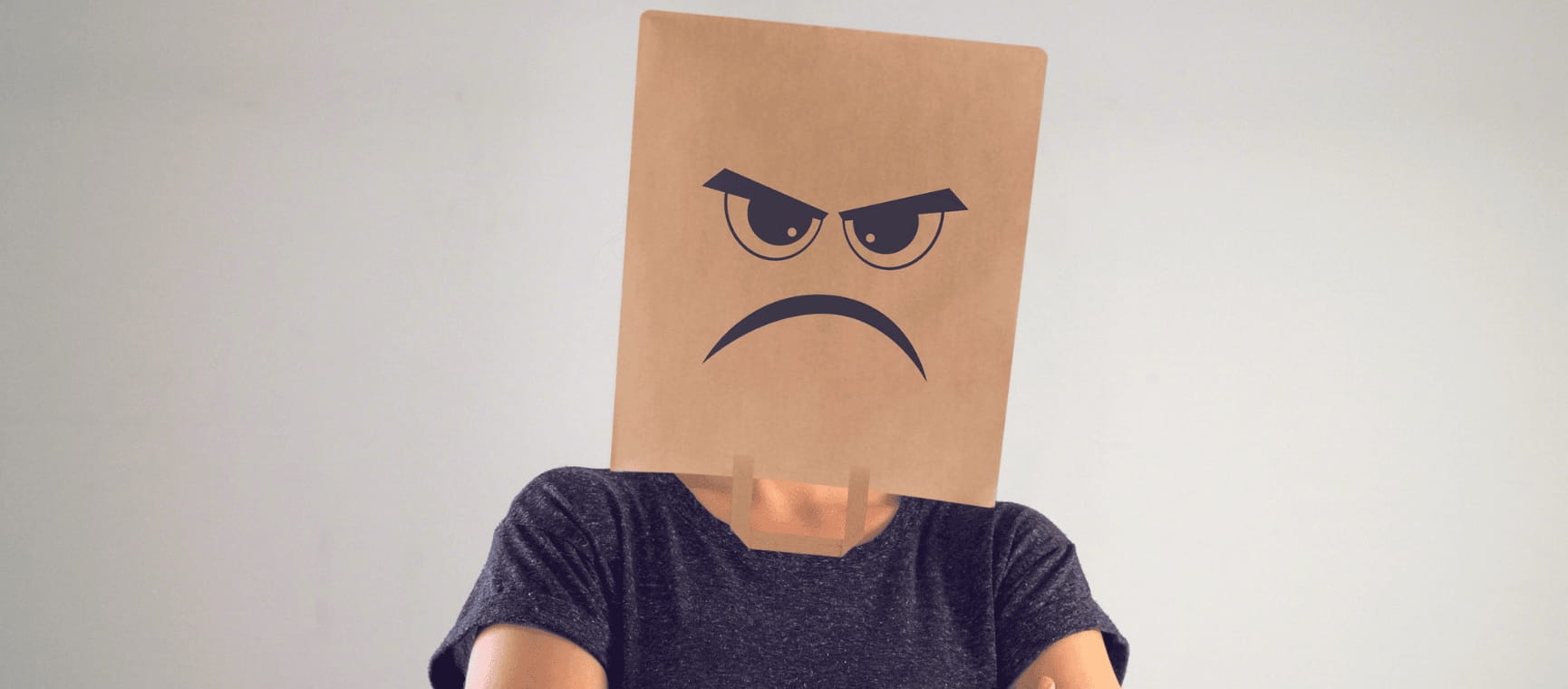
Worried you’ve morphed into Victor Meldrew? Find out how to battle that bad mood, and what to do if you’re stuck with a grouchy loved one.

The benefits of heat and cold therapy, and how Nordic bathing won over our nervous writer.

Here’s how to spot the symptoms of heat disease and reduce your danger.
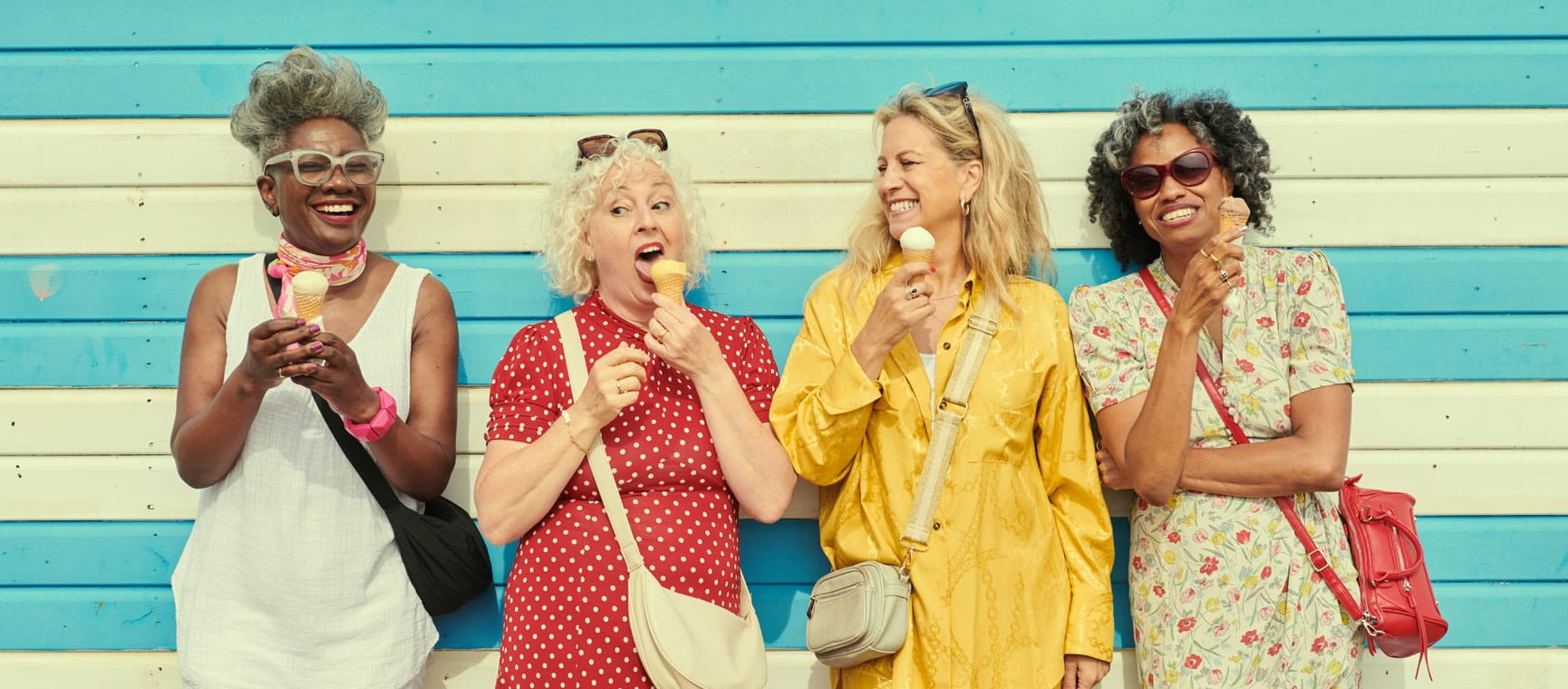
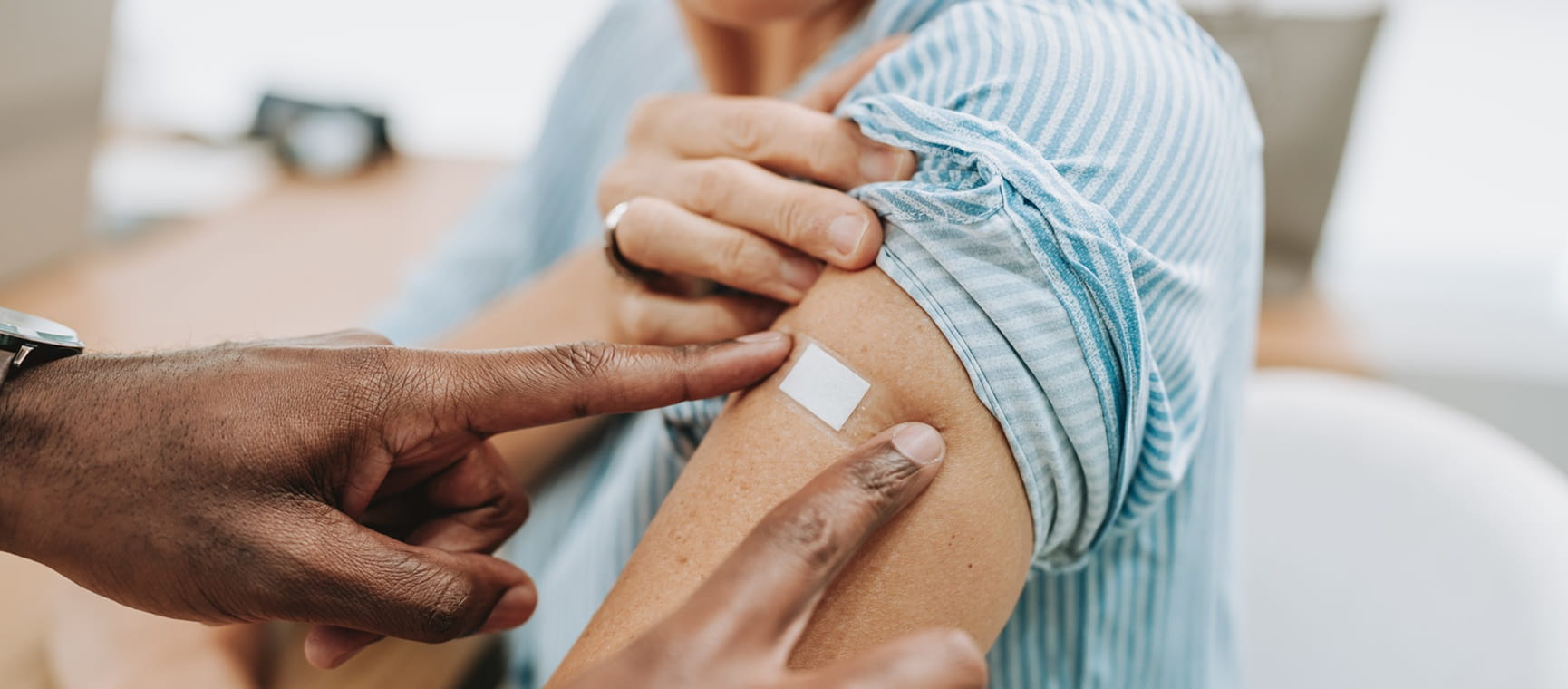
The NHS winter vaccination campaign kicks off next week. Here’s the lowdown on what you need to book.

Pilates for back pain – what to do if you are suffering, and five gentle exercises that could help.
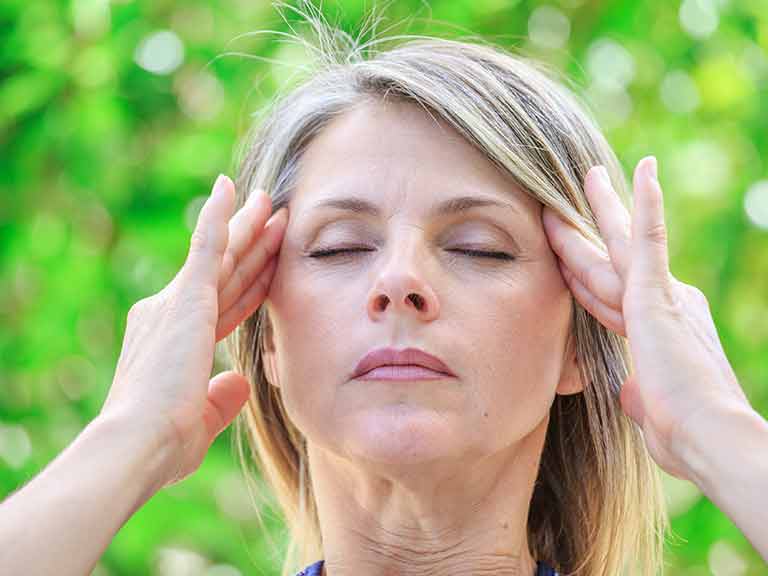
Dizziness or vertigo: a sensation of spinning, can stop us doing everyday things for fear of falling. Try these tips to stop feeling dizzy


You don’t have to put up with bladder leaks. We try out the latest pelvic floor gadgets for men and women.
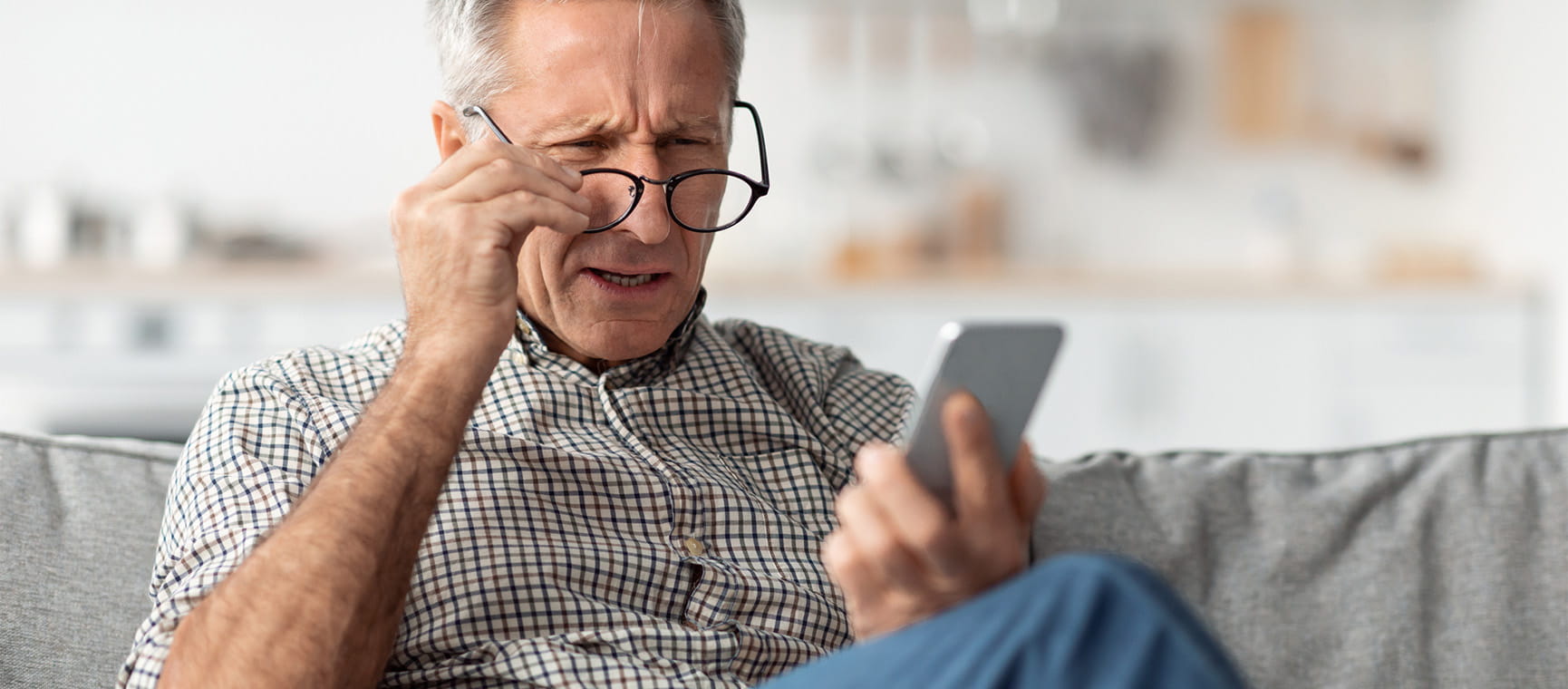
Cataracts are a normal part of ageing. Learn how to spot the signs – and when it’s time to consider surgery.